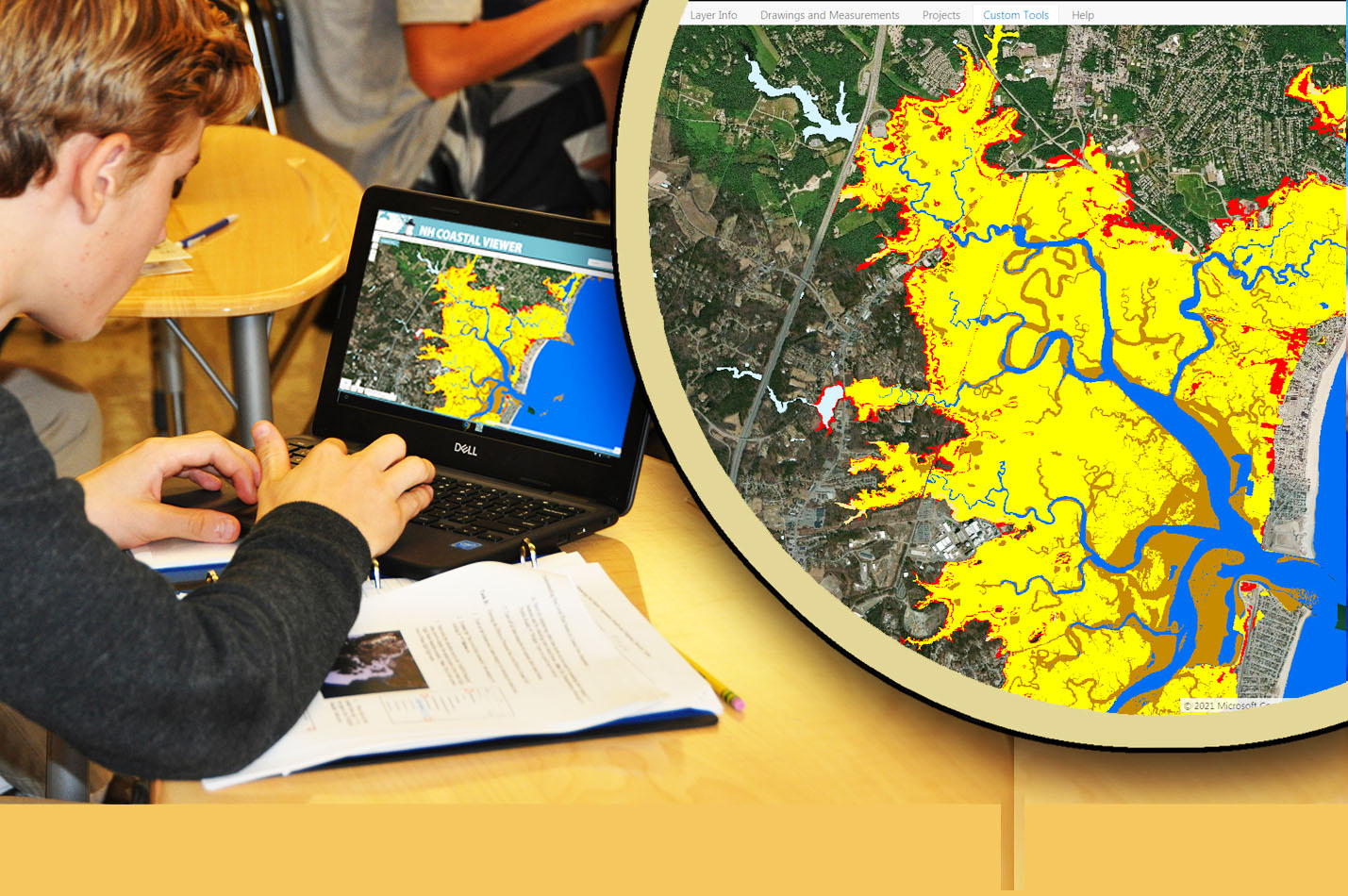The GSSC is involved in multiple areas of research within the Natural, Social, Geospatial, Information, and Perceptual Sciences. From studying the effects of sea level rise, to the change in dialects over space and time, to how humans interact with geospatial systems, to gaining new understandings of how best to store and use geospatial data, the GSSC has a wide array of expertise to assist you in your research projects.
See all of our areas of research below and contact us here to begin building a collaboration between the GSSC and your work.
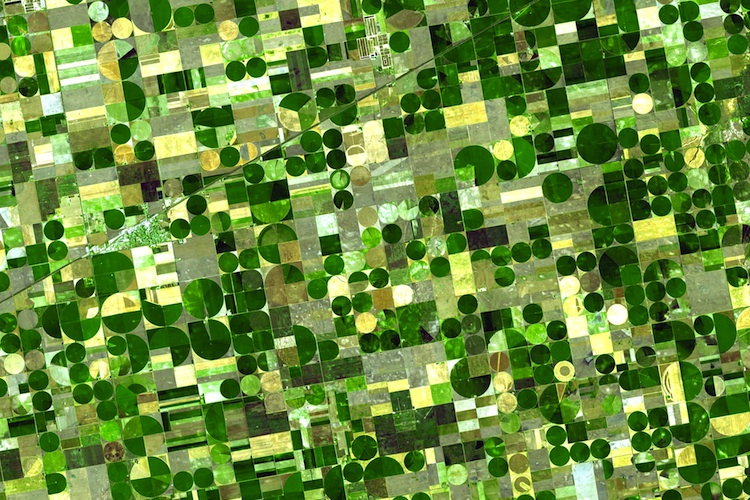
Our research efforts within the Natural Sciences include:
Contact us here to establish a Natural Science research collaboration.
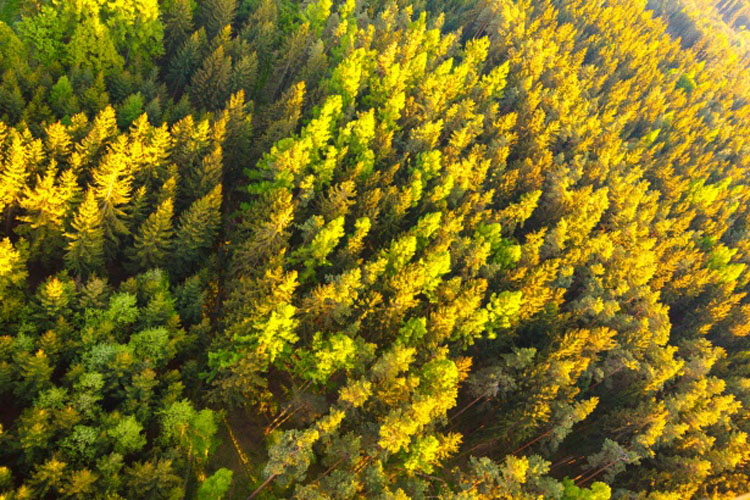
Though our research efforts within the Social Sciences to date include the following, staff at the GSSC are always looking to collaborate with interesting geospatial rich projects with colleagues in Geography, History, Political Science, and the Humanities:
Contact us here to establish a Social Science research collaboration.
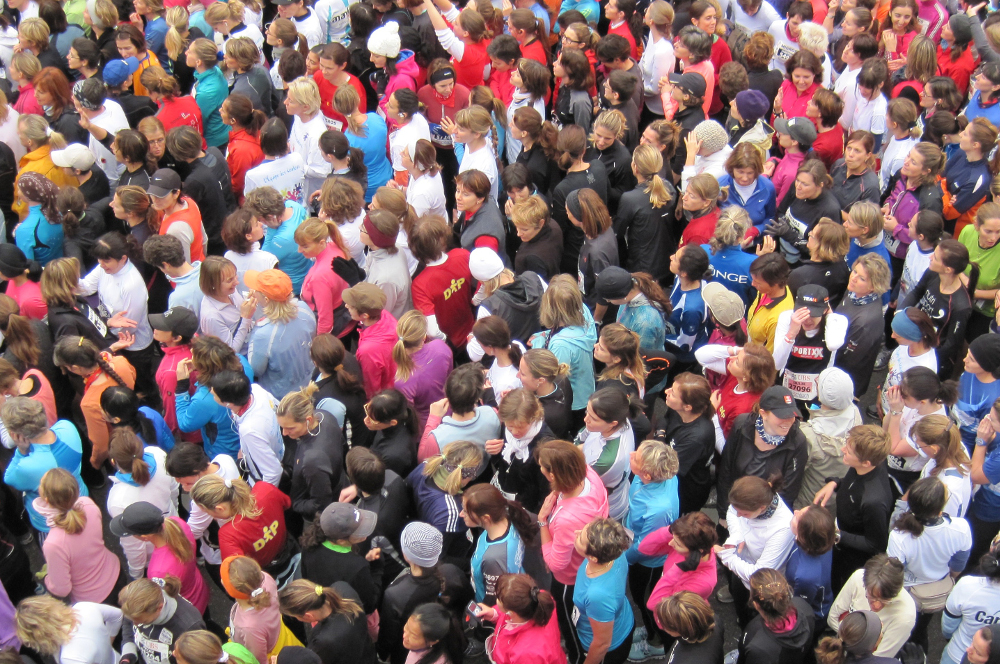 Image by: Richard Allaway
Image by: Richard Allaway
The GSSC is involved in multiple areas of research within the Geospatial Science. These include:
Contact us here to establish a Geospatial Science collaboration.

Our research efforts within the Information Sciences include:
Contact us here to establish an Information Science collaboration.
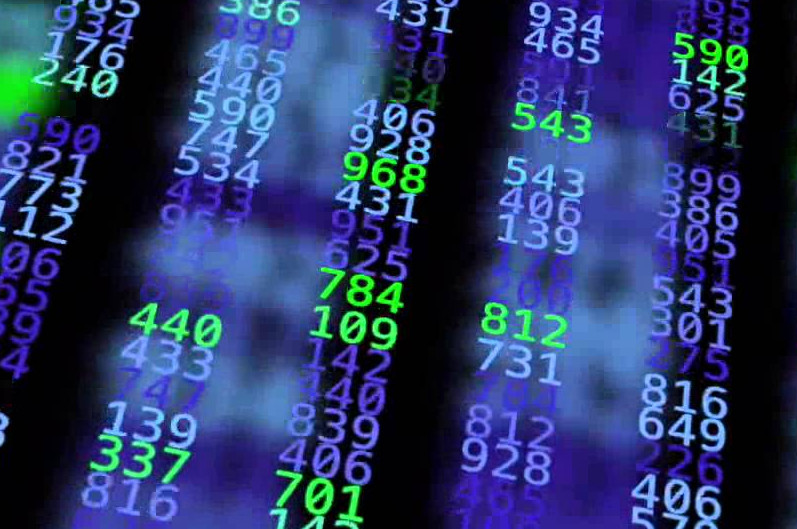
The GSSC is involved in multiple areas of research within the Perceptual Sciences. These include:
Contact us here to establish a Perceptual Science collaboration.
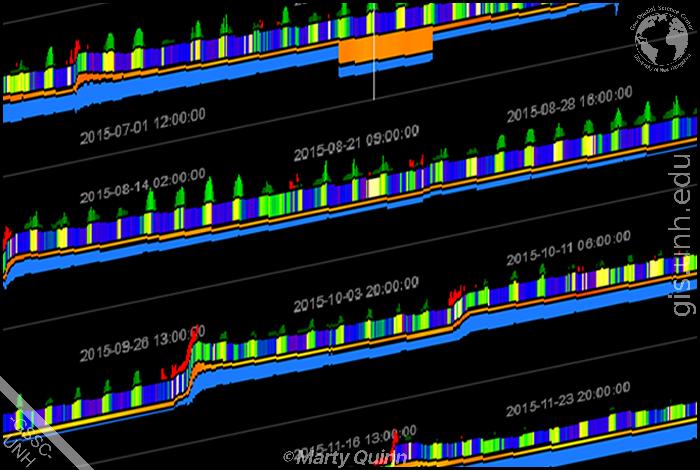
GSSC faculty and researchers participate in GSS teaching and learning research activities that include:
Contact us here to establish an education research collaboration
